Night Sweats in Children: Causes, Symptoms & Treatments
- What Are Night Sweats?
- Common Causes of Night Sweats in Kids
- Symptoms of Excessive Night Sweating in Children
- How Is the Problem of Night Sweating Diagnosed in Children?
- Treatment for Child Sweating at Night
- How to Help Your Child Avoid Sweating at Night
- When to Consult the Doctor?
- FAQs
Uninterrupted sleep is a key factor in the healthy growth and development in children. But if your child is struggling to get a good night’s sleep, it’s important to know the reason behind it. If the child’s head sweats while sleeping, it can lead to discomfort and your child may have trouble getting a sound sleep. Your toddler’s night sweats can result in him crying in the middle of the night for the same reason. In such scenarios, it is necessary to get to the bottom of it and understand it properly. Let’s read all about night sweats in children.
What Are Night Sweats?
Whether or not night sweats are a result of a medical condition, they can be detrimental to a child’s health. Night sweats mean, quite simply, sweating during the night. This generally occurs as a result of the environment being hot, humid, or both, leading to sweating. Children require a deep sleep every night as that gives the body the time to repair itself. The body auto-regulates its own temperature when the weather is warm, but as this system is not developed fully in young children – this results in the sweat glands becoming larger than normal, and hence, sweating.
Common Causes of Night Sweats in Kids
So, why do kids sweat at night? Here are some of the common causes of night sweat in children:
- Thick or Excessive Bedsheets: Using bedsheets that are too thick or too many in number can cause overheating during sleep.
- Non-Breathable Night Apparel: Wearing pajamas made of synthetic or non-breathable materials can trap heat and result in sweating.
- Warm Room Temperature: A room that is warmer than normal can increase body temperature, leading to night sweats.
- Lack of Ventilation: Poor air circulation in the room may cause heat to build up, making the child sweat during the night.
- Infections: Infections such as the flu, fever, or other illnesses can elevate body temperature, causing night sweats (1).
- Medication Side Effects: Certain medications can cause night sweats as a side effect, affecting the child’s ability to maintain a stable body temperature (2).
- Nightmares: Experiencing bad dreams or nightmares can trigger an adrenaline response in the body, resulting in night sweats.
- Non-Optimal Weight: Being overweight can create additional heat in the body, leading to sweating during sleep.
- Spicy Foods: Consuming spicy food before bedtime may cause digestive discomfort and increased body heat, resulting in night sweats.
- Changes in Atmospheric Temperature: Fluctuations in temperature, such as moving between air-conditioned and non-air-conditioned rooms, can confuse the body’s heat regulation.
- Sleep Apnea: A condition where breathing starts and stops unpredictably during sleep, leading to sweating as the body struggles to regulate itself (3).
- Cold and Cough: Respiratory issues like a blocked nose from a cold can lead to interrupted sleep and night sweats.
- Anxiety and Stress: Emotional distress can affect the child’s ability to regulate their body temperature, leading to sweating.
- Puberty: Hormonal fluctuations during puberty can lead to changes in body temperature regulation, causing night sweats (4).
- Intense Exercise Before Bedtime: Engaging in vigorous physical activities close to bedtime can raise body temperature, making it difficult to cool down during sleep.
- Drinking Excessive Fluids Before Bed: Consuming too many fluids before sleeping can increase metabolic activity, leading to sweating during the night.
- Allergies: Allergic reactions, especially related to environmental factors like dust mites or pollen, can trigger sweating as the body responds to the allergens.
- Hyperthyroidism: An overactive thyroid gland can speed up the body’s metabolism, raising body temperature and resulting in night sweats.
Symptoms of Excessive Night Sweating in Children
Here are some of the typical symptoms of night sweating:
- Your child might be gasping for breath intermittently while sleeping
- Your child’s breathing pattern might be irregular
- Your child might seem tired and exhausted throughout the day
- Your child has a tendency to keep their mouth open while he sleeps
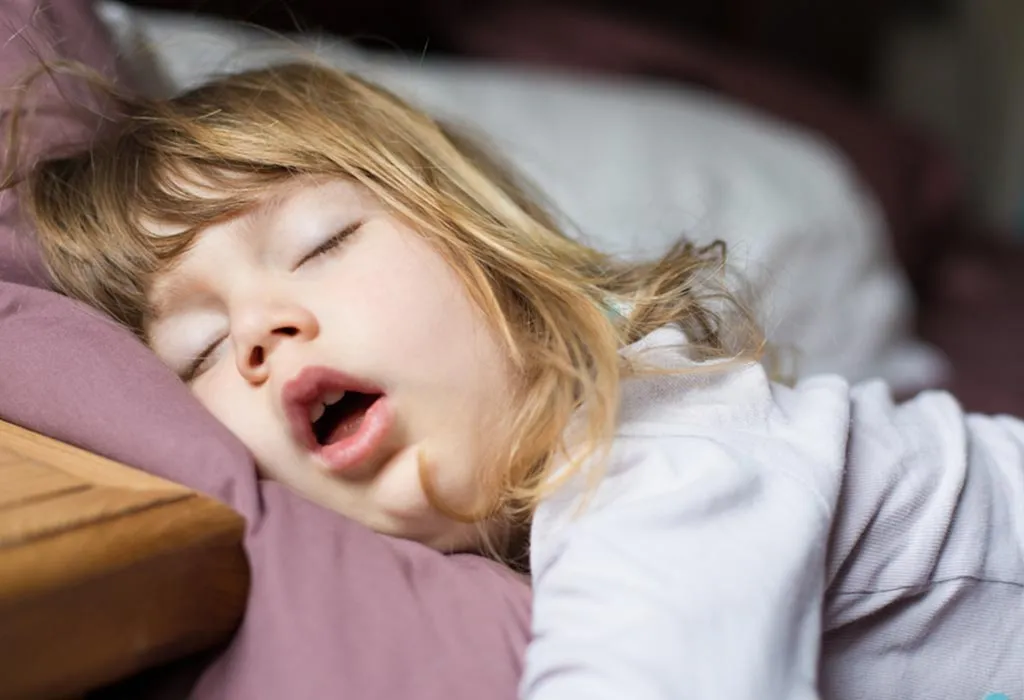
How Is the Problem of Night Sweating Diagnosed in Children?
It is best to take your child to the doctor and get a medical opinion on any of the above-mentioned symptoms you see in him. The doctor will want to know the history pertaining to your child’s health, including any sleep-related habits that he has. The doctor will also inquire about the environment of the house, such as temperature and ventilation. Then, a general check-up will be done to see if your child has an infection in the sinus or the ears or any other underlying issue.
Treatment for Child Sweating at Night
There’s no specific treatment that directly targets a child’s night sweats. However, you can ensure that your child remains sweat-free by keeping him hydrated at all times, shifting him to a room that has proper ventilation, clothing him in soft, breathable material, and has bedding that is soft and light.
If the night sweats occur because of a disorder or an illness diagnosed by a doctor, your child will most likely be given medication to treat that problem. Make sure you are regular with it and do not skip a dose.
How to Help Your Child Avoid Sweating at Night
Here are a few tips you can use to avoid night sweats in children.
- Ensure that your child’s bedroom is at a temperature that is comfortable for the entire duration of the night.
- Avoid giving your child spicy or rich foods for dinner. Such foods can increase body temperature and thus the chances of having night sweats. Make sure that the child stays up for at least 30 minutes after dinner and does not sleep immediately.
- To help the child sleep better, take slow walks with him around the house post-dinner. This will help him digest his food better.
- Invest in proper, loose, and comfortable clothing that is purely meant for sleeping.
- Rid your child’s bedroom of needless comforters, blankets, and anything that might be too warm for him to sleep in.
- Ask your child about his day every day to understand if he is facing any problems in school or otherwise. This way, you can help him come out of his anxiety or stress if he has any.
- Talk to your doctor about your child’s symptoms and get regular checkups done to identify any medical issues.
- In case you notice that a certain type of medicine triggers nighttime sweating in your child, let your doctor know about it and see if they might recommend an alternative for the same.
When to Consult the Doctor?
It’s important to consult a doctor if your child’s night sweats are persistent, severe, or accompanied by other worrying symptoms, such as:
- Unexplained Weight Loss: If night sweats are accompanied by noticeable weight loss, it could indicate an underlying medical condition.
- Prolonged Fevers: Sweating paired with ongoing fevers that don’t subside could be a sign of infection or a more serious issue.
- Difficulty Breathing: If your child experiences night sweats along with breathing issues like wheezing or shortness of breath, it could be a sign of sleep apnea or other respiratory problems.
- Chronic Fatigue: If your child is excessively tired during the day due to disrupted sleep, it may warrant a doctor’s attention to check for potential sleep disorders.
- Persistent Symptoms: Night sweats lasting for weeks or longer, especially without a clear cause, should be evaluated by a healthcare professional to rule out serious conditions like infections or thyroid issues.
FAQs
1. Can wool bedding ease night sweats in children?
Wool bedding is generally considered the best option for a toddler. Wool has an inherent property of regulating body temperature, making it suitable for any environment. It will keep your child warm when it’s cold, and cool when it’s hot. Since night sweats make things uncomfortable, wool bedding will absorb most of the moisture and will keep things from being sticky or clammy, and keep your child in a deep slumber without any interruptions.
2. Can growing pains trigger night sweats in children?
Yes, growing pains, which are common in children during growth spurts, can sometimes be accompanied by night sweats. This occurs as the body undergoes rapid changes, which can impact temperature regulation during sleep.
3. Could dental issues, such as teething or infections, cause night sweats in kids?
Yes, dental issues like teething in younger children or dental infections in older kids can sometimes cause night sweats. The body’s inflammatory response to pain or infection can raise the temperature, leading to increased sweating at night.
Your child’s excessive sweating at night can cause you to start worrying about him. By ensuring a good environment, proper clothing, and a fixed schedule, you can help him achieve the necessary sleep he needs. On consulting the doctor, any other issues can be resolved easily and night sweats would be nothing more than a thing of the past.
References/Resources:
1. Bacterial Endocarditis in Children; University of Rochester Medical Center; https://www.urmc.rochester.edu/encyclopedia/content.aspx?contenttypeid=90&contentid=P01768
2. Viera. A, Bond. M, Yates. S; Diagnosing night sweats (American Family Physician); National Library of Medicine; https://pubmed.ncbi.nlm.nih.gov/12643362/; March 2003
3. Arnardottir. E, Janson. C, Bjornsdottir. E, Benediktsdottir. B, et. al.; Nocturnal sweating—a common symptom of obstructive sleep apnoea: the Icelandic sleep apnoea cohort; BMJ Journals; https://bmjopen.bmj.com/content/3/5/e002795
4. Skin, sweat and more: Navigating physical changes during puberty; Children’s Hospital of Richmond at VCU; https://www.chrichmond.org/blog/skin-sweat-and-more-navigating-physical-changes-during-puberty
5. Anxiety in children; Harvard Health Publishing; https://www.health.harvard.edu/blog/anxiety-in-children-2018081414532
6. So. H, Li. A, Au. C, Zhang. J, Lau. J, et. al.; Night sweats in children: prevalence and associated factors; BMJ Journals; https://adc.bmj.com/content/97/5/470
7. Common Cold; Mayo Clinic; https://www.mayoclinic.org/diseases-conditions/common-cold/symptoms-causes/syc-20351605
Also Read:
Bedwetting in Kids
Bad Breath in Kids
Body Odour in Children
Excessive Sweating in Kids
Personal Hygiene in Children
Was This Article Helpful?
Parenting is a huge responsibility, for you as a caregiver, but also for us as a parenting content platform. We understand that and take our responsibility of creating credible content seriously. FirstCry Parenting articles are written and published only after extensive research using factually sound references to deliver quality content that is accurate, validated by experts, and completely reliable. To understand how we go about creating content that is credible, read our editorial policy here.






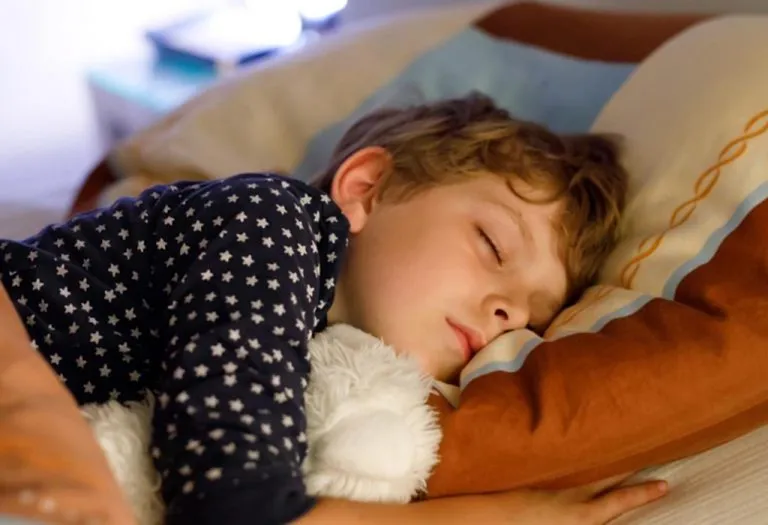

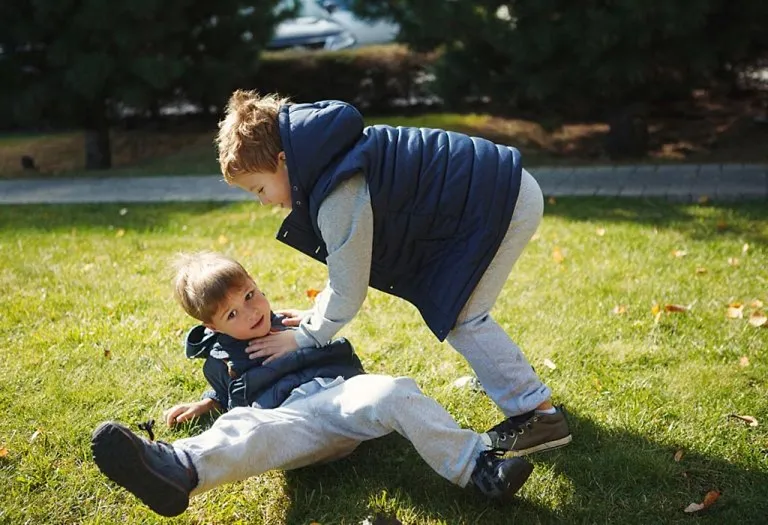
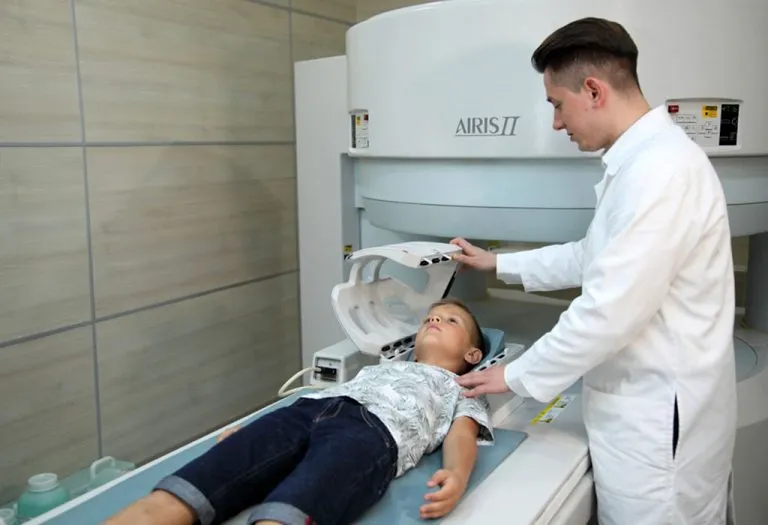
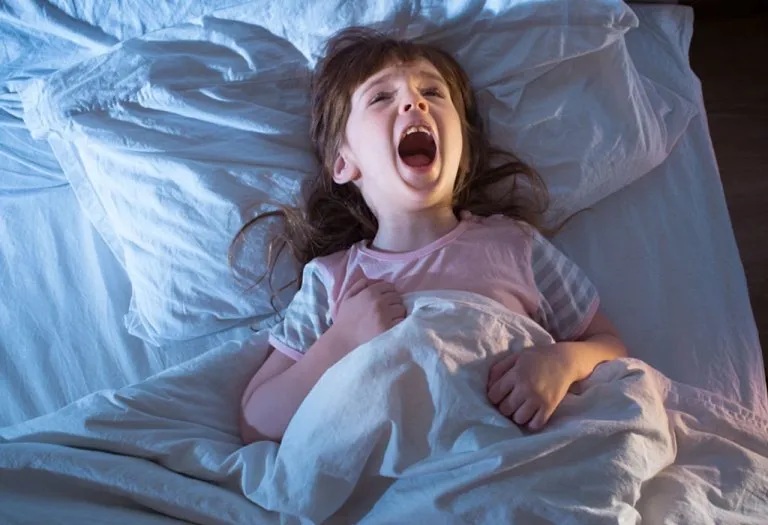
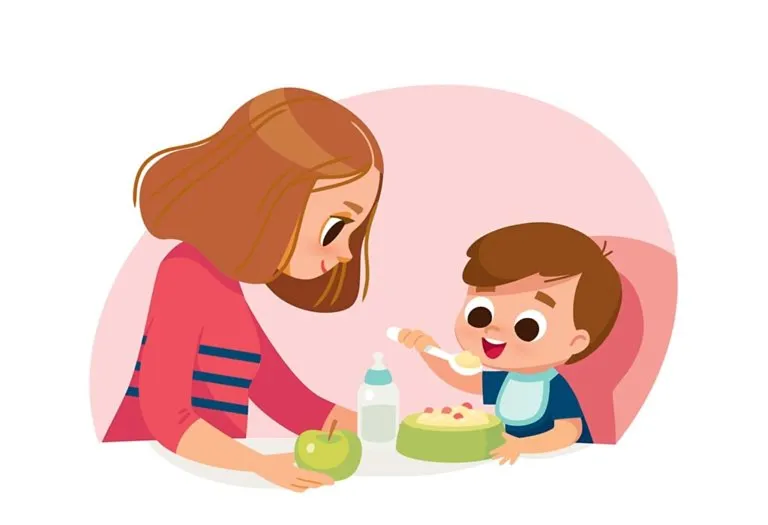
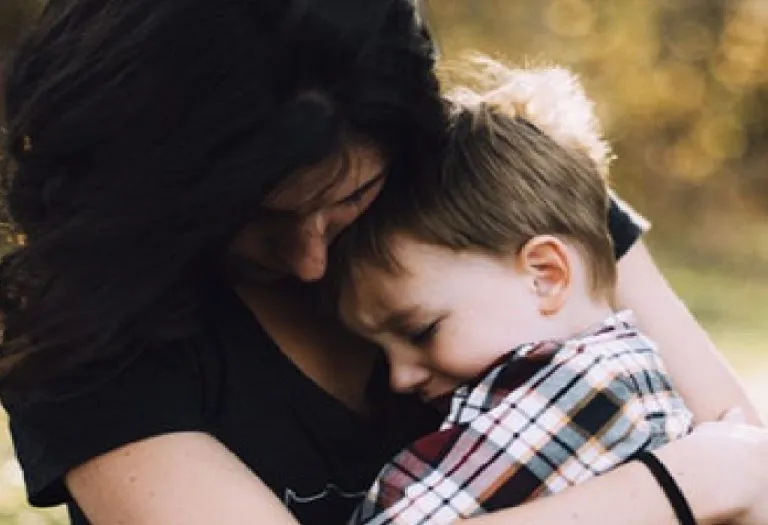

.svg)
















